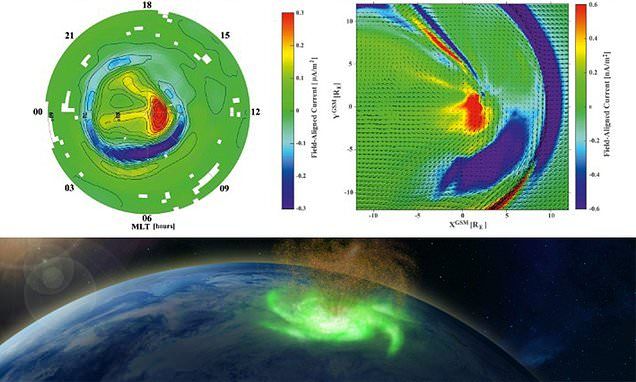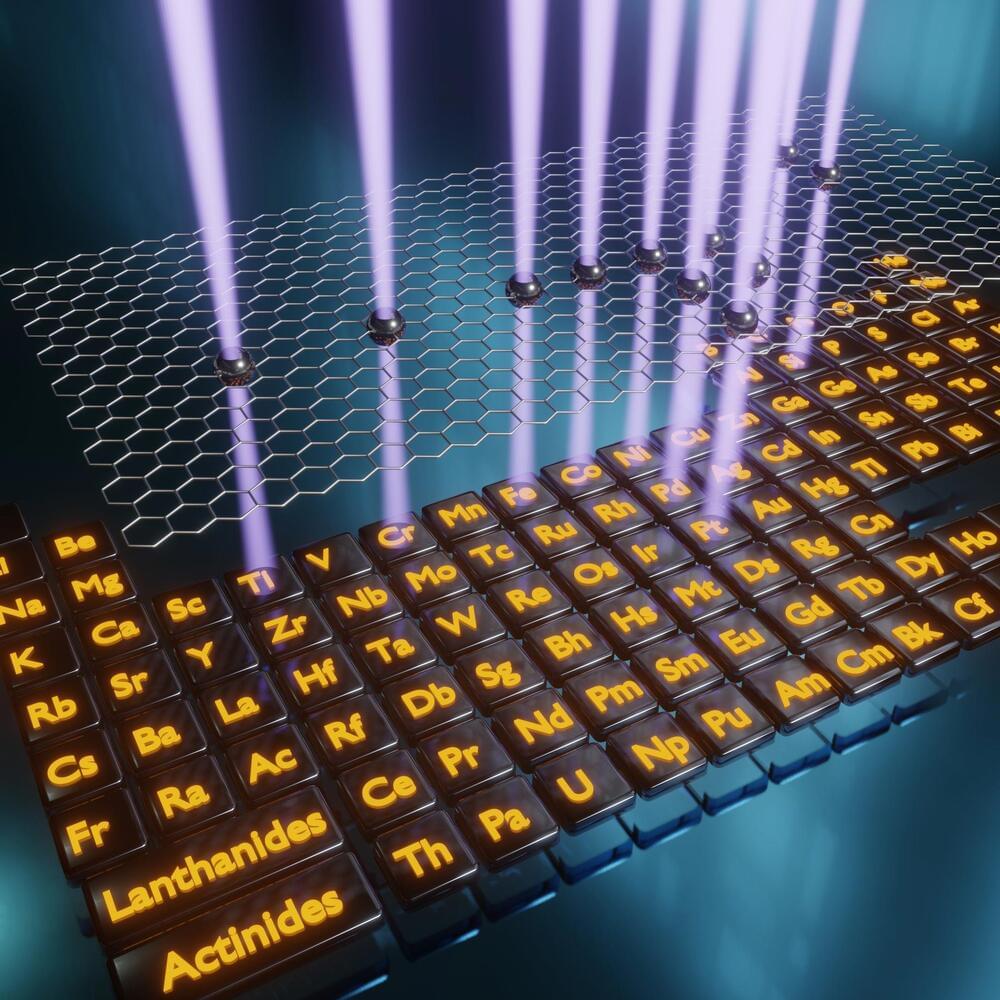How do you keep microbes from Earth from contaminating Mars? This NASA scientist, who worked on the Perseverance mission, explains: # CountdowntoMars # Mars2020.


How do you keep microbes from Earth from contaminating Mars? This NASA scientist, who worked on the Perseverance mission, explains: # CountdowntoMars # Mars2020.

A space hurricane is confirmed for the first time in Earth’s upper atmosphere following observations of a swirling mass of plasma. Experts say such storms could disrupt GPS systems.
What the voyager spacecraft discovered after 42 years in interstellar space?

Oak Ridge National Laboratory scientists demonstrated that an electron microscope can be used to selectively remove carbon atoms from graphene ’s atomically thin lattice and stitch transition-metal dopant atoms in their place.
This method could open the door to making quantum building blocks that can interact to produce exotic electronic, magnetic and topological properties.
This is the first precision positioning of transition-metal dopants in graphene. The produced graphene-dopant complexes can exhibit atomic-like behavior, inducing desired properties in the graphene.

Innovative web design to inspire you.
Get inspired by this selection of best VR websites, covering everything from online gaming to cutting-edge healthcare and more.
The 15-member commission calls a $40 billion investment to expand and democratize AI research and development a “modest down payment for future breakthroughs,” and encourages an attitude toward investment in innovation from policymakers akin that which led to building the interstate highway system in the 1950s. Ultimately, the group envisions hundreds of billions of dollars of spending on AI by the federal government in the coming years.
The National Security Commission on AI report makes recommendations ranging from 5G and China to immigration policy and civil rights.

You’ve heard of Apple’s famous walled garden, the tightly controlled tech ecosystem that gives the company unique control of features and security. All apps go through a strict Apple approval process, they are confined so sensitive information isn’t gathered on the phone, and developers are locked out of places they’d be able to get into in other systems. The barriers are so high now that it’s probably more accurate to think of it as a castle wall.
Laser-cooled plasma-in-a-bottle could answer questions about the sun, fusion power. Rice University physicists have discovered a way to trap the world’s coldest plasma in a magnetic bottle, a technological achievement that could advance research into clean energy, space weather and astrophysics.

The Air Force Research Laboratory awarded SpaceX an $8.5 million contract to investigate manufacturing techniques for heat shields that protect hypersonic vehicles in flight.
WASHINGTON — The Air Force Research Laboratory awarded SpaceX an $8.5 million contract to investigate advanced materials and manufacturing techniques for heat shields that protect hypersonic vehicles in flight.
Heat protection is a critical technology to shield hypersonic vehicles from the intense heat experienced when flying at more than five times the speed of sound.

Researchers have developed an injectable hydrogel that could help repair and prevent further damage to the heart muscle after a heart attack event.